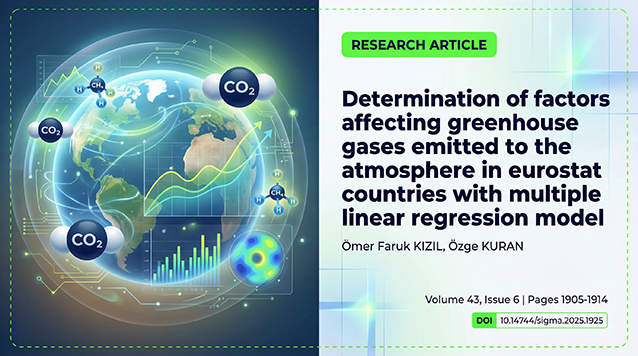Abstract
The detection of hostile content on social media is a critical task aimed at identifying harmful expressions such as hate speech, cyberbullying, and offensive language. This survey presents a comprehensive overview of established and emerging approaches for this purpose, including traditional machine learning techniques, deep learning models, and hybrid frameworks that combine multiple methodologies to enhance performance. We also examine the use of reinforcement learning, genetic algorithms, and pseudo-labeling methods in refining detection pipelines. Key challenges addressed include limitations in datasets, annotation inconsistencies, model interpretability, and ethical concerns such as fairness and cultural sensitivity. The review further explores trends in multilingual detection, cross-platform adaptability, and the growing adoption of transformer-based architectures. Finally, we emphasize the importance of developing scalable, explainable, and context-aware solutions, and we outline future directions for research. This work is intended to serve as a reference for scholars and practitioners working toward safer online environments.















